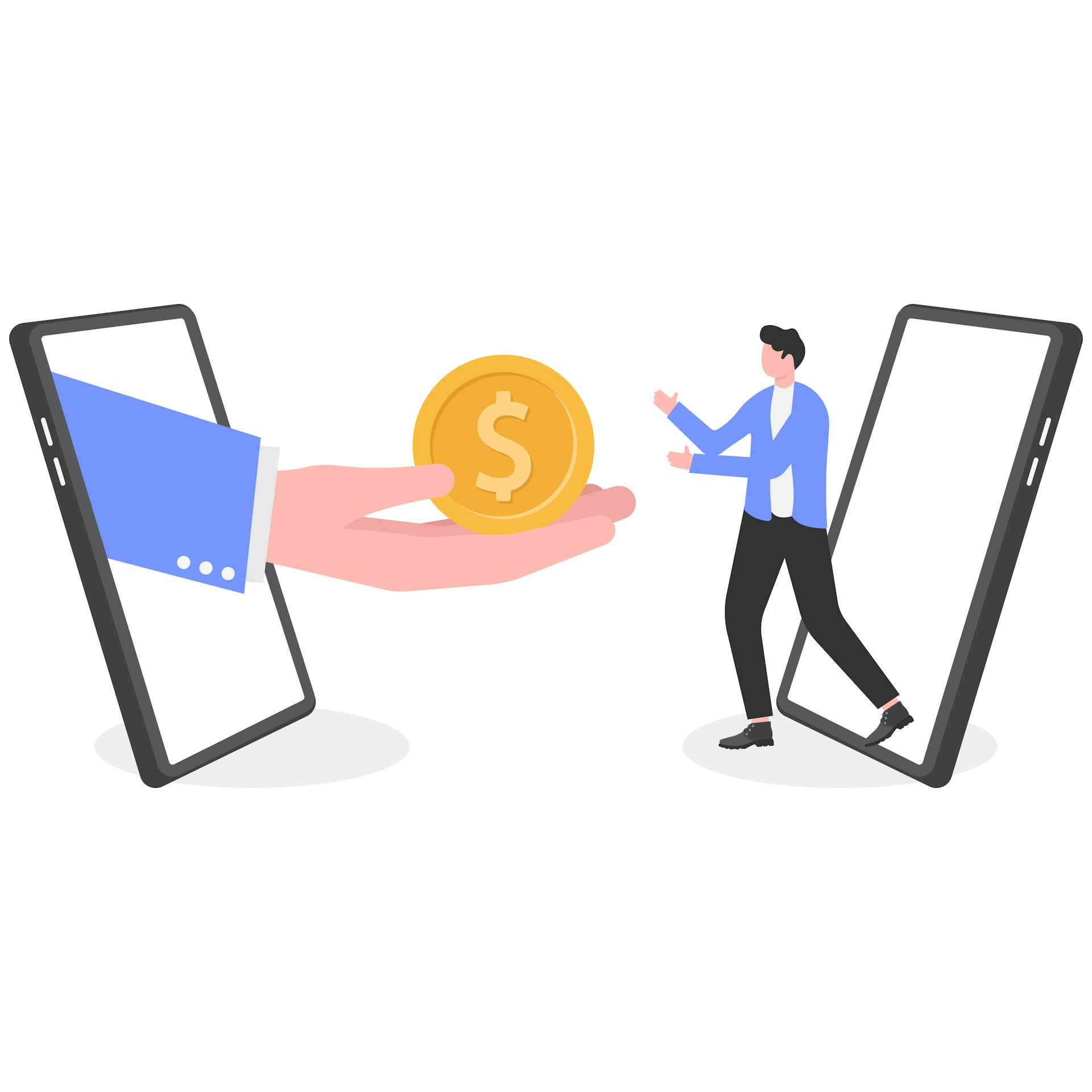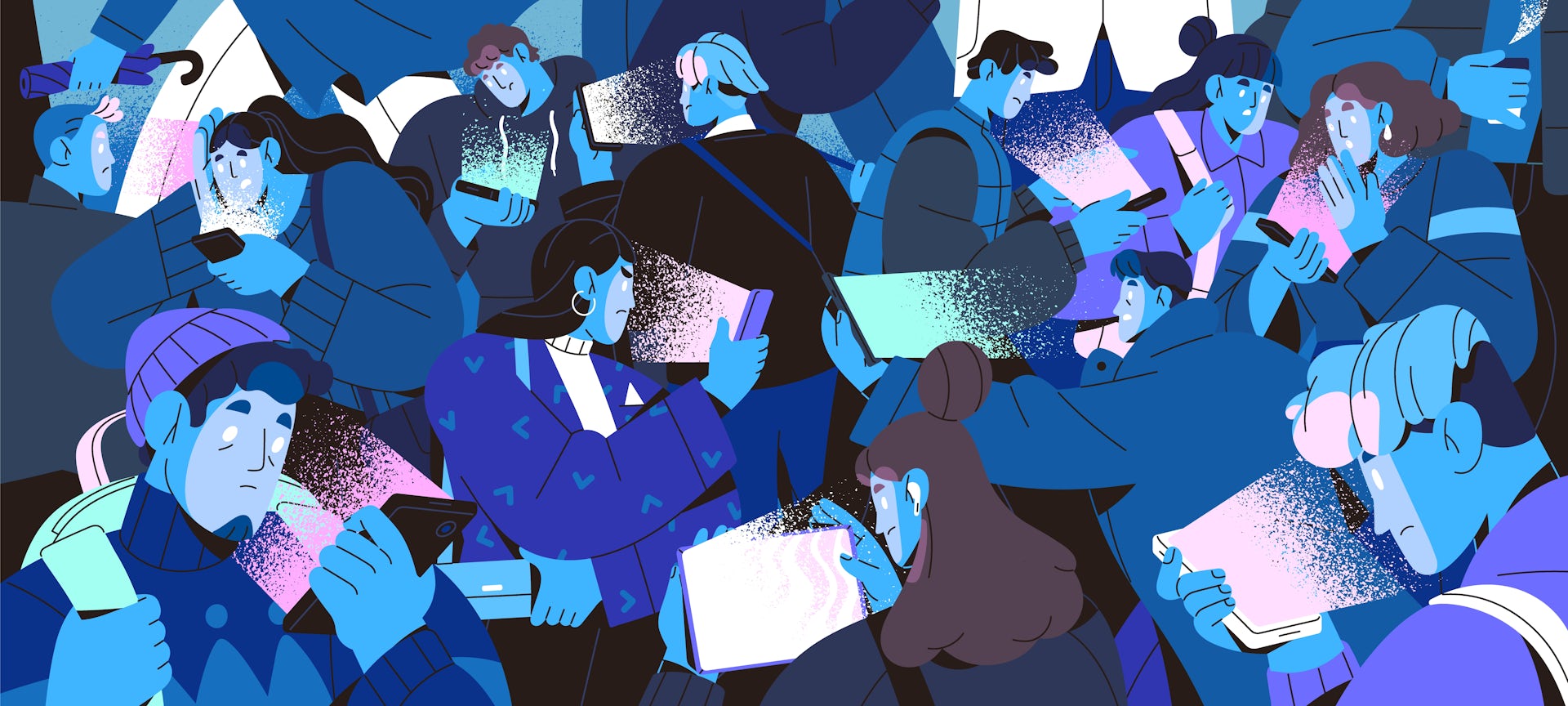'NotPetya' ransomware attack shows corporate social responsibility should include cybersecurity
When companies neglect cybersecurity, customers – and society as a whole – suffer. It’s time customers demanded better of corporations.

As the “NotPetya” ransomware attack spreads around the world, it’s making clear how important it is for everyone – and particularly corporations – to take cybersecurity seriously. The companies affected by this malware include power utilities, banks and technology firms. Their customers are now left without power and other crucial services, in part because the companies did not take action and make the investments necessary to better protect themselves from these cyberattacks.
Cybersecurity is becoming another facet of the growing movement demanding corporate social responsibility. This broad effort has already made progress toward getting workers paid a living wage, encouraging companies to operate zero-waste production plants and practice cradle-to-cradle manufacturing – and even getting them to donate products to people in need.
The overall idea is that companies should make corporate decisions that reflect obligations not just to owners and shareholders, customers and employees, but to society at large and the natural environment. As a scholar of cybersecurity law and policy and chair of Indiana University’s new integrated program on cybersecurity risk management, I say it’s time to add cyberspace to that list.
Online security affects everyone
The recent WannaCry ransomware attack affected more than 200,000 computers in 150 nations. The results of the attack made clear that computers whose software is not kept up to date can hurt not only the computers’ owners, but ultimately all internet users. The companies hit by the NotPetya attack didn’t heed that warning, and got caught by an attack using the same vulnerability as WannaCry, because they still haven’t updated their systems.
Some policymakers and managers are taking notice around the world. In the U.S., the Department of Homeland Security, the chief federal agency dealing with cybersecurity, has highlighted businesses’ “shared responsibility” to protect themselves against cyberattacks. Consumers can’t protect their utility services, banking systems or even their personal data on their own, and must depend on companies to handle that security.
Cybersecurity is an effort that not only protects – and even benefits – a company’s bottom line but also contributes to overall corporate and societal sustainability. In addition, by protecting privacy, free expression and the exchange of information, cybersecurity helps support people’s human rights, both online and offline.
Vaccinating cyberspace
If more companies get serious about cybersecurity, the internet ecosystem will be safer for everyone. The concept is much like vaccinating people against disease: If enough people are protected, the others benefit too, through what is called “herd immunity.”
In terms of deterring hackers, the number of vulnerable targets will drop, making it harder for hackers to find them, and less worthwhile to even look. And more companies will have defenses ready when cyber attackers come calling. This isn’t a perfect solution: With enough time and resources, any system is vulnerable. But this change in corporate perception is an important step in developing a global culture of cybersecurity.
Customers can get involved in this effort, demanding better cybersecurity from companies they do business with. These can include online retailers, whether small specialized sellers or giants like Amazon. But local bricks-and-mortar stores with customer loyalty programs that have built their brands on trust can also be susceptible to consumer pressure.
To date, it’s been hard to know which companies have the best cybersecurity practices. The product and service reviewers at Consumer Reports have made a start: In March they started evaluating devices, software and mobile apps for privacy and cybersecurity.
Advocacy groups like the Internet Society and many others should ask companies to discuss cybersecurity efforts in their reports to shareholders. And they should urge government agencies to develop voluntary programs like the U.S. Environmental Protection Agency’s Energy Star appliance-efficiency rating system. The U.K. has a certification like this for cybersecurity, called Cyber Essentials. These efforts don’t require executives or managers to make different decisions, but help inform them – and the public – about how the choices they make affect consumers.
Ultimately, companies will play a huge role in shaping the future of our shared experience online. Cybersecurity and data privacy are key elements of this, and it’s time consumers demand corporations treat them as the 21st-century social responsibilities they are.
Scott Shackelford does not work for, consult, own shares in or receive funding from any company or organization that would benefit from this article, and has disclosed no relevant affiliations beyond the academic appointment above.
Read These Next
Crowdfunded generosity isn’t taxable – but IRS regulations haven’t kept up with the growth of mutual
Some Americans are discovering that monetary help they received from friends, neighbors or even strangers…
What is Bluetooth and how does it work?
Did you know that your wireless earbuds contain a tiny radio transmitter?
Algorithms that customize marketing to your phone could also influence your views on warfare
AI systems are getting good at optimizing persuasion in commerce. They are also quietly becoming tools…





